What is Testosterone Powder?
Testosterone is the primary sex hormone in males, essential for muscle mass, body hair growth, libido, and sperm production. The body’s natural testosterone production declines after age 30. Typical testosterone levels in males range from 300 to 1,000 nanograms per deciliter (ng/dL), depending on age. Low testosterone may result from aging or health issues affecting the testicles, pituitary gland, and thyroid, among other factors.
Testosterone levels peak in the morning and dip at night. Factors like excessive exercise, poor diet, medications, and illnesses can also reduce testosterone. Testosterone powder is marketed as a supplement to boost these levels, often containing ingredients from traditional remedies, such as fenugreek, zinc, maca, and ashwagandha. The FDA does not regulate these over-the-counter supplements, meaning they lack the scrutiny given to pharmaceuticals.
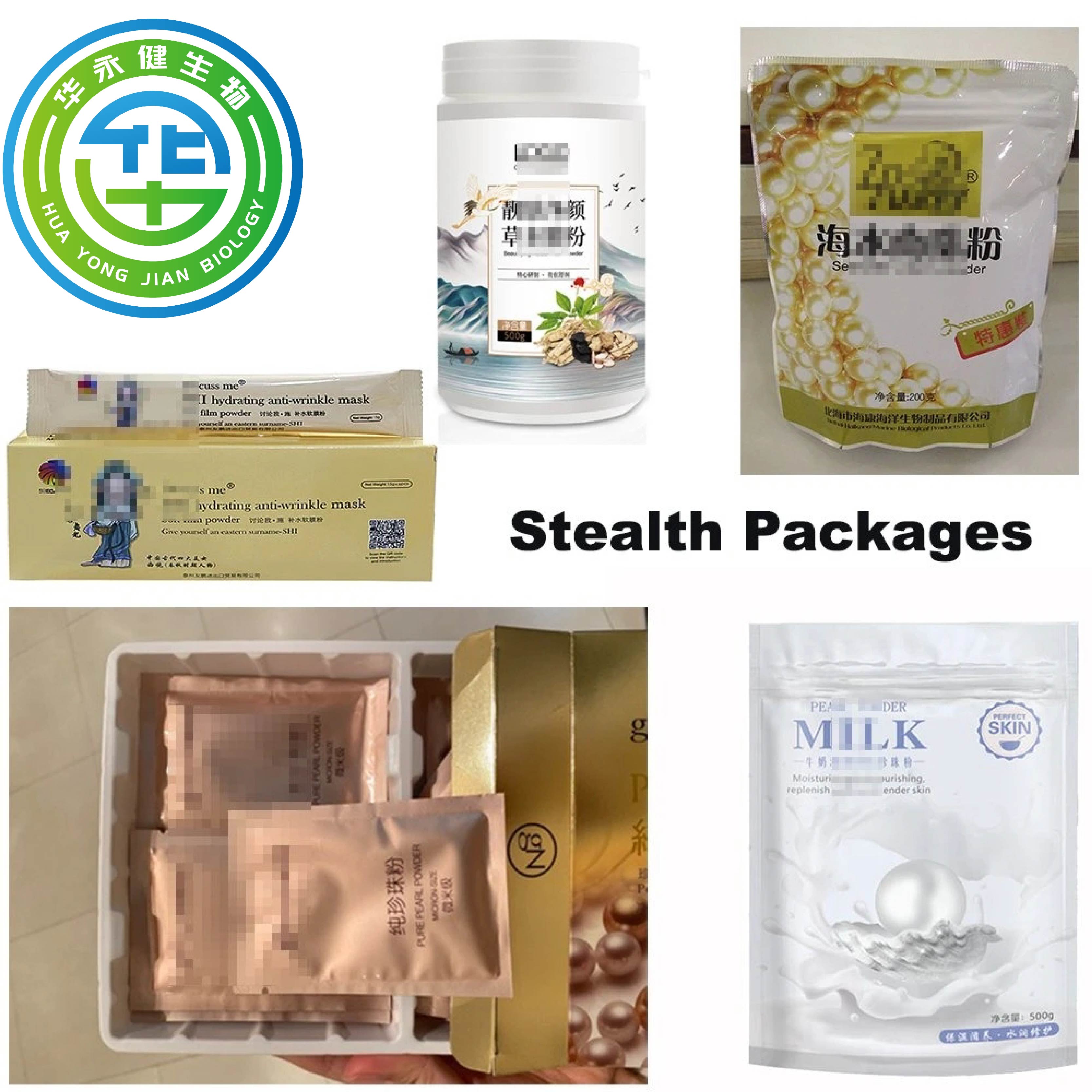

Who Should Use Testosterone Powder?
Testosterone powder claims to boost levels and alleviate low testosterone symptoms. Despite inadequate evidence backing these claims, some might use these products if they believe they exhibit symptoms of low testosterone, including:
- Small testes
- Reduced facial and body hair
- Gynecomastia (breast tissue growth)
- Difficulty building muscle mass
- Low sperm count
- Low libido
- Osteoporosis
- Hot flashes
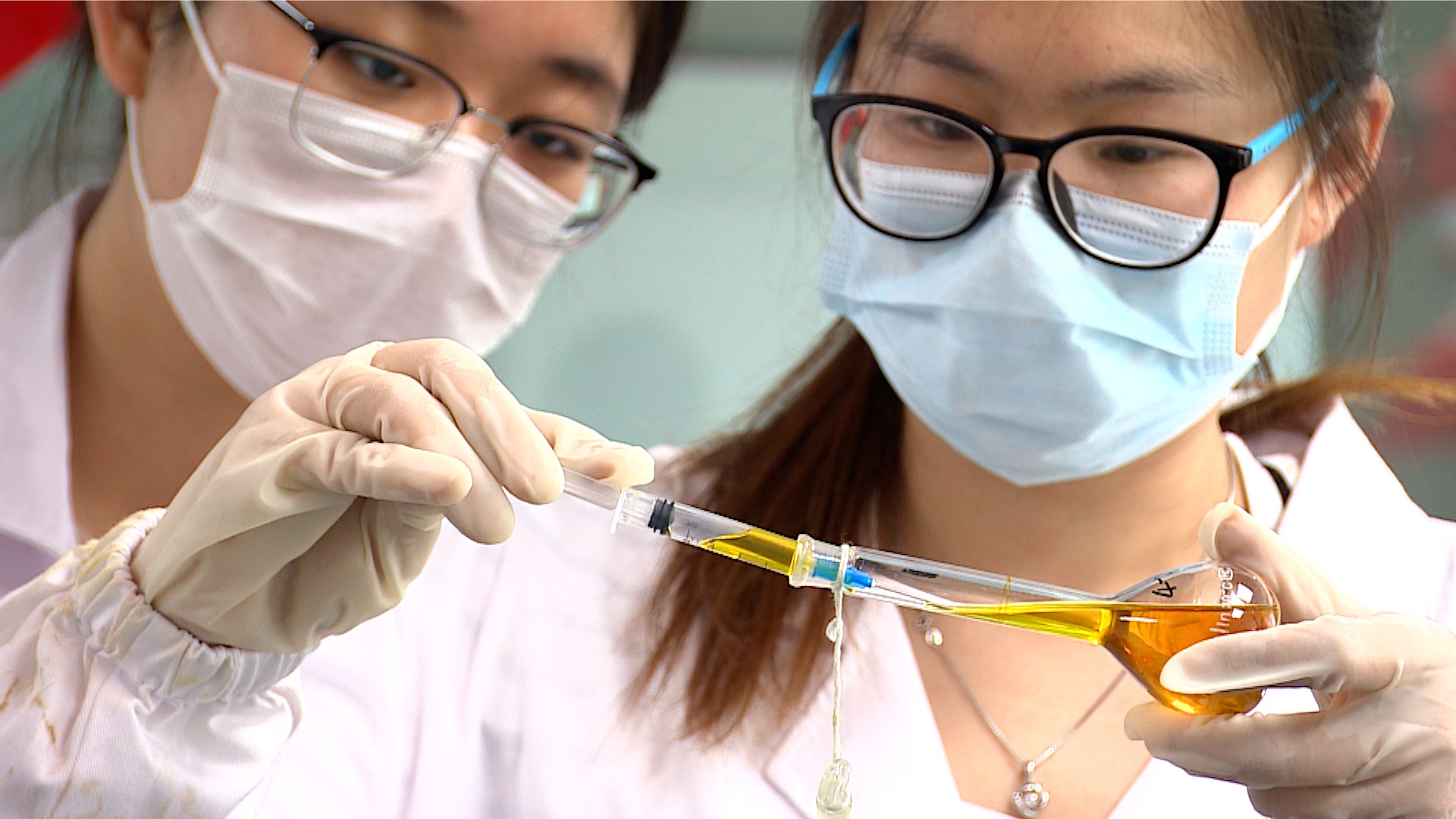

Legality of Testosterone Powder
Testosterone powder is generally legal; however, most do not significantly raise testosterone levels. Elevated testosterone levels can enhance muscle growth and physical function, tempting athletes to misuse testosterone powder, potentially violating anti-doping regulations.
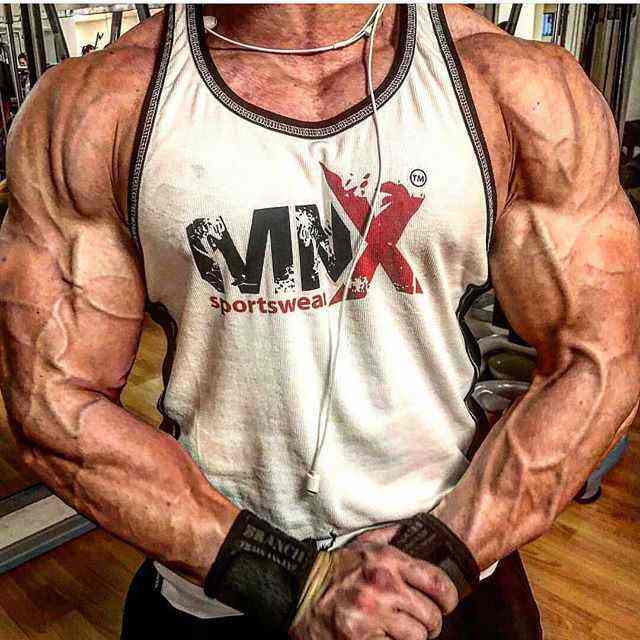

Effectiveness of Testosterone Powder
Common ingredients in testosterone powder include fenugreek, zinc, maca, and ashwagandha. Research indicates these ingredients are not significantly effective:
Fenugreek
Studies show mixed, inconclusive results regarding fenugreek’s impact on testosterone. A small 2018 study found 34% of participants taking fenugreek experienced changes in testosterone levels, but these were not significant compared to the placebo group.
Zinc
While low zinc levels can reduce testosterone, there's no evidence that zinc supplementation increases testosterone levels. Excess zinc intake can lead to nausea, vomiting, loss of appetite, and headaches, with severe toxicity causing low copper levels and reduced immunity.
Maca
No evidence suggests maca increases testosterone. Moreover, researchers have not determined a standard or toxic dose and have not evaluated its long-term safety.
Ashwagandha
A 2022 review found some evidence that ashwagandha might boost testosterone, luteinizing hormone, and follicle-stimulating hormone after 90 days. However, these studies involved individuals with infertility or low sperm count. More extensive research is needed to determine ashwagandha's effects and safety.
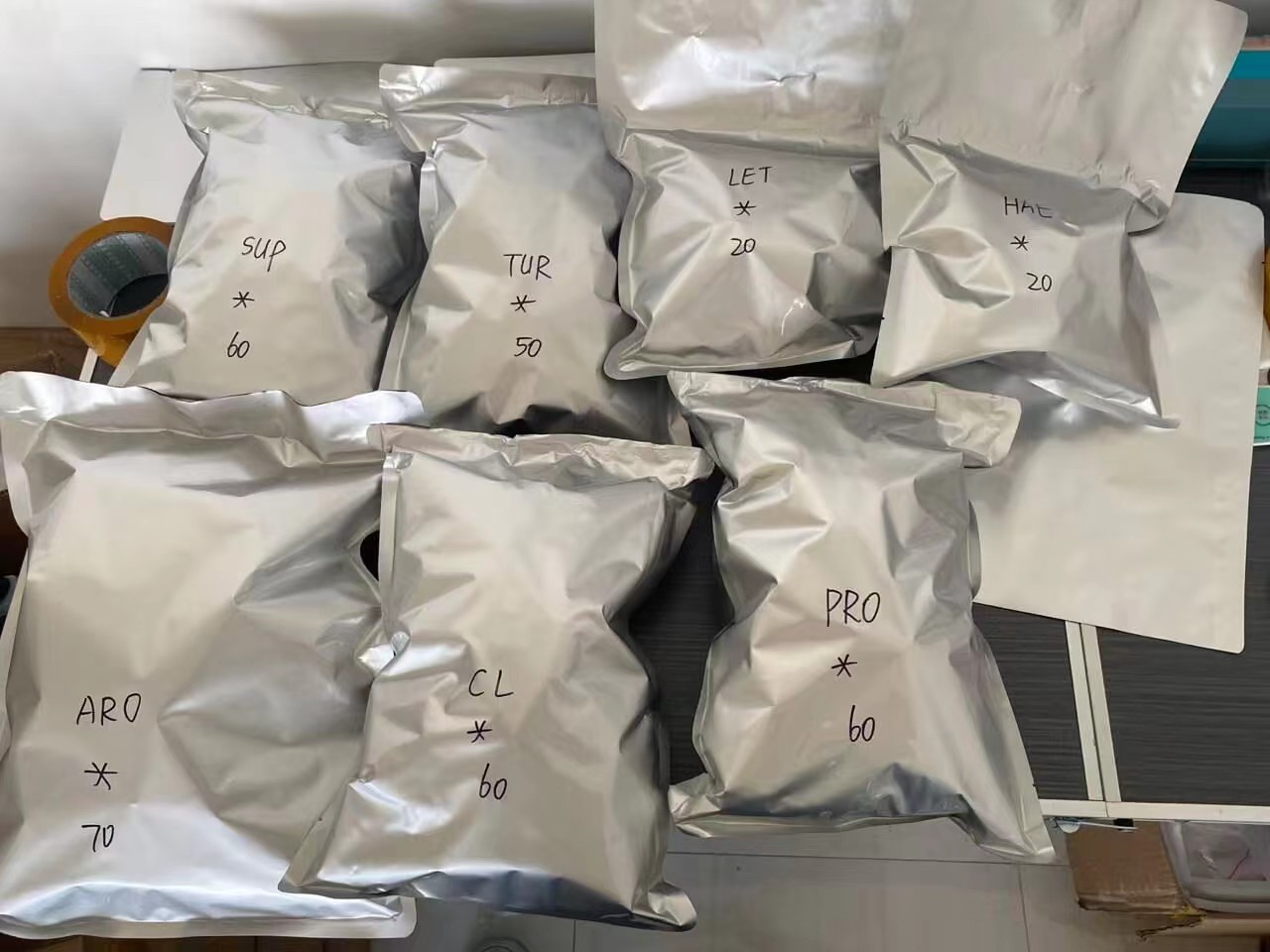

Safety Concerns with Testosterone Powder
Ingredients in testosterone powder can cause the following side effects:
- Fenugreek: May lead to low white blood cell counts, affecting immune function.
- Zinc: High levels can cause gastric distress, dizziness, and headaches. Long-term high zinc intake can disrupt copper and iron levels and alter immune function.
- Maca: May cause high blood pressure; more research is needed to verify its safety.
- Ashwagandha: Large doses can cause diarrhea, nausea, or vomiting.
Consult a healthcare professional before using testosterone powder and disclose any supplements being taken to avoid interactions with medications.
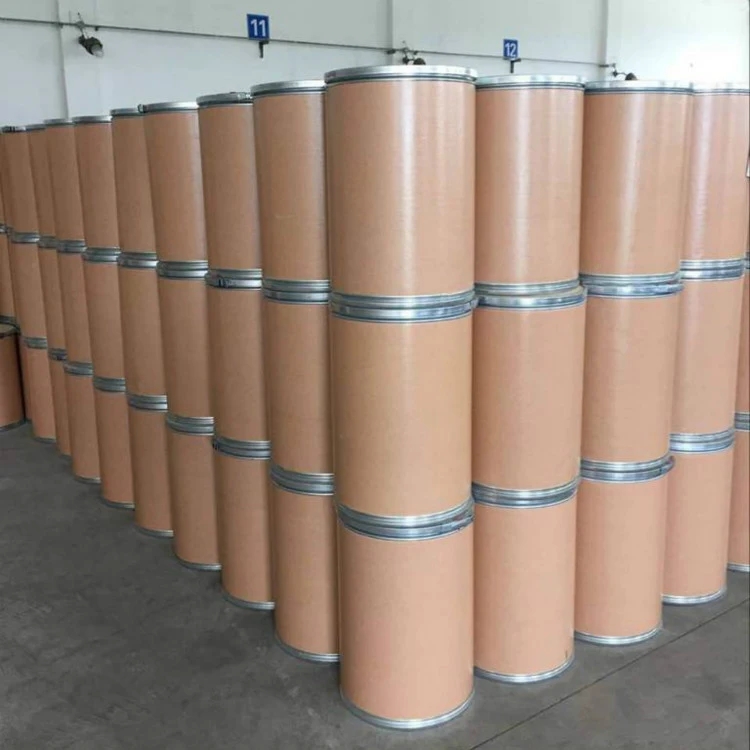

Natural Ways to Boost Testosterone
The U.S. Department of Veterans Affairs recommends lifestyle changes to naturally enhance testosterone levels:
- Maintain a moderate body weight: Aim for a healthy BMI.
- Eat a balanced diet: A nutritious diet aids healthy weight and lowers diabetes risk, which can affect testosterone levels.
- Exercise regularly: Both aerobic and anaerobic exercises can boost overall health and testosterone levels.
- Quit smoking: Tobacco use reduces testosterone levels.
- Moderate alcohol intake: Alcohol converts testosterone to estrogen.
- Avoid opioids: Opioids can lower testosterone levels; discuss discontinuation with a healthcare provider.
- Avoid xenobiotics: These compounds mimic hormones. Avoid BPA plastics and phthalates, and consider organic products.


Testosterone Powder vs. Testosterone Replacement Therapy (TRT)
The main difference between testosterone powder and TRT is that supplements are over-the-counter, containing vitamins and herbs, while TRT is a medical treatment supervised by healthcare professionals. TRT can boost libido, treat erectile dysfunction, and improve strength, energy, and mood, though it carries side effects and may affect fertility and cardiovascular health.
While testosterone powder carries side effects and lacks proven effectiveness, TRT is administered with professional supervision, ensuring prompt treatment of any side effects.
Frequently Asked Questions About Testosterone Powder
Can supplements boost testosterone?
Despite claims, research does not support that testosterone powder can significantly elevate testosterone levels. Additionally, 10.1% of such products may even lower testosterone.
What are typical testosterone levels?
Both males and females produce testosterone, with males typically having higher levels. For males, the normal range is 300 to 1,000 ng/dL.
Summary
Testosterone powder is available over-the-counter, but the FDA does not regulate these products, and there’s insufficient evidence supporting their effectiveness. Lifestyle changes, such as maintaining a moderate body weight, eating a healthy diet, and exercising regularly, can help increase testosterone levels naturally. Those suspecting low testosterone should consult a doctor for proper diagnosis and treatment.


Post time: Aug-12-2024